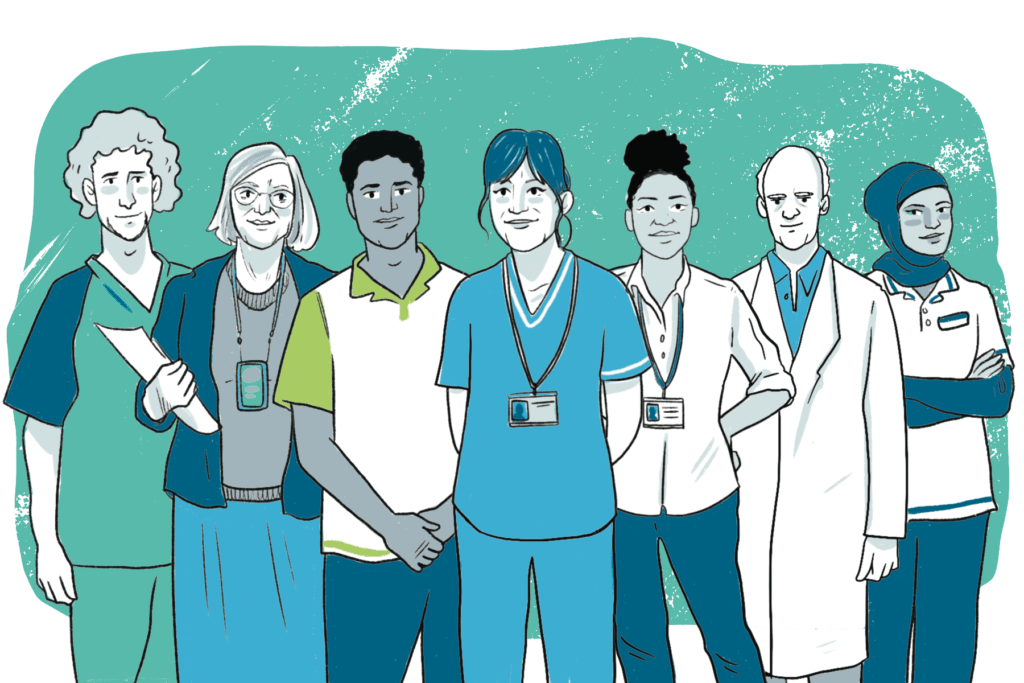In the bleak midwinter – think Africa!
I have, as many of you will know, a love of Africa and have been fortunate to visit Kenya, Uganda, Malawi and Ethiopia with either WFH or with the Novo Nordisk Haemophilia Foundation (NNHF) to educate haemophilia teams and to diagnose and support treatment for people with haemophilia. Given the birth rate of 1:10,000 there should be vast numbers of people with haemophilia across Africa, but many die, very few get a diagnosis and even less have access to treatment.
Take Tahir, a one-year- old I met in Ethiopia in December; he had a one month history of bleeding from his left knee. He had presented with knee swelling and had surgery for presumed septic arthritis. Four weeks later, still bleeding from the surgical incision he presented to Addis Ababa (200 miles from his rural home) where an APTT was done – and it was long – so he had a diagnosis of ‘haemophilia’ BUT there were no reagents (nor an analyser) to diagnose haemophilia A or B or to do a level.
His mother was helpless and without hope; asked for $150 (a years salary) to pay for a private test, she had no choice, no money and no possibility of diagnosis. The registrar changed a blood soaked dressing – the blood squelching between her (gloved) fingers as she applied pressure to the site. What would you do?
A cunning plan was put into place: WFH humanitarian aid donated FVIII was given (80% chance of haemophilia A after all!) with a follow up of FIX IF the bleeding didn’t stop after an hour – guess what – it did so Tahir has haemophilia A and now can access more treatment as/when he bleeds. A donation was also found for him to have a FVIII level done. Inevitably, he has severe haemophilia.
The NNHF helps countries with diagnosis; reagents and machines and education. Once a country has diagnostic ability, WFH humanitarian aid becomes an option. So similar stories to that of Tahir are happening throughout Africa, recently in Malawi we diagnosed 60 patients in one day! The Minister of Health came to a ceremony – think hot hot sunny day, African singing, dancing and colourfulfabrics (in the UK we have dress-down Friday’s but Malawi encourages traditional dress on Fridays) –it was lovely. The Minister knew lots about haemophilia because he worked at BPL for many years and so he is a real asset for these families. Malawi now has diagnosis, but not yet treatment. But it can now apply to WFH to be part of the Humanitarian Aid programme. Little steps are making huge impacts across Africa. For more info have a look at a WFH-ISTH joint webinar “Treatment options for hemophilia in the developing world“.
www.youtube.com/watch?v=xkS3Ybiq3S4


